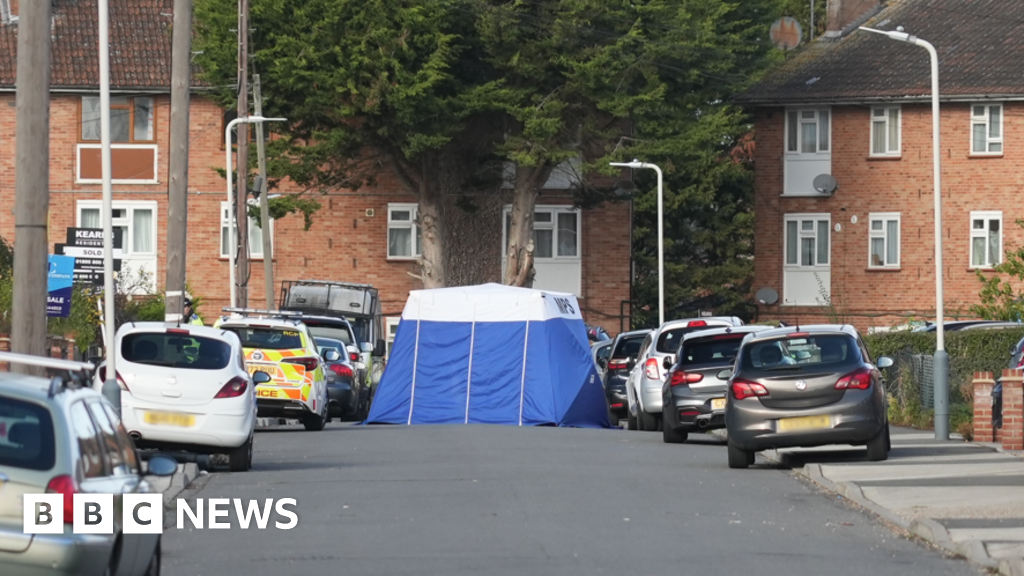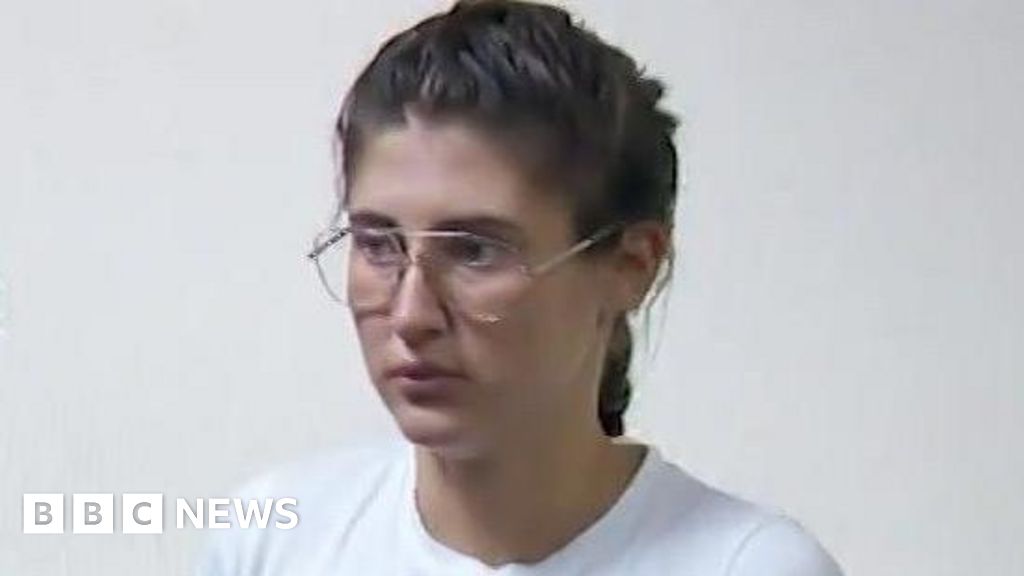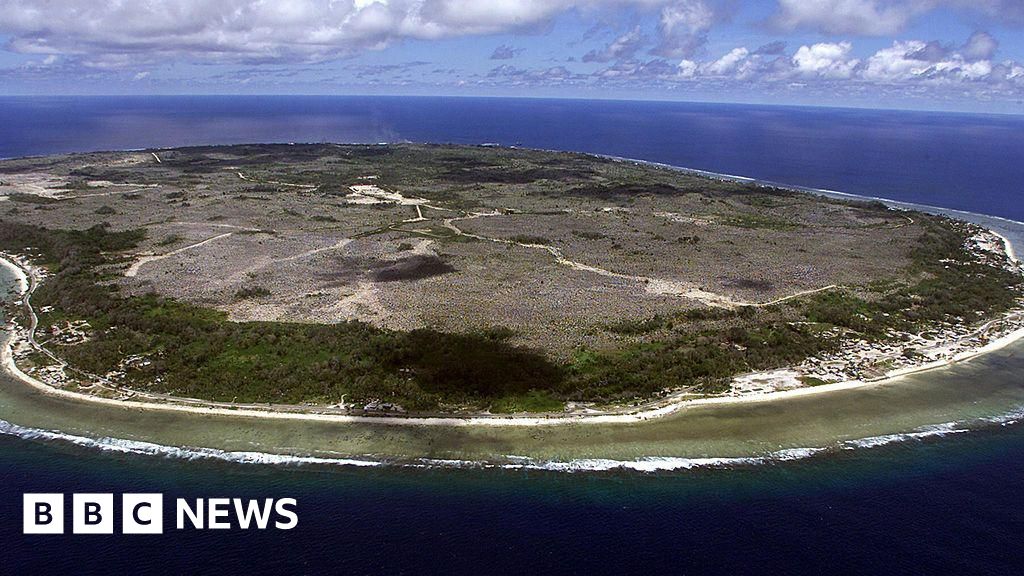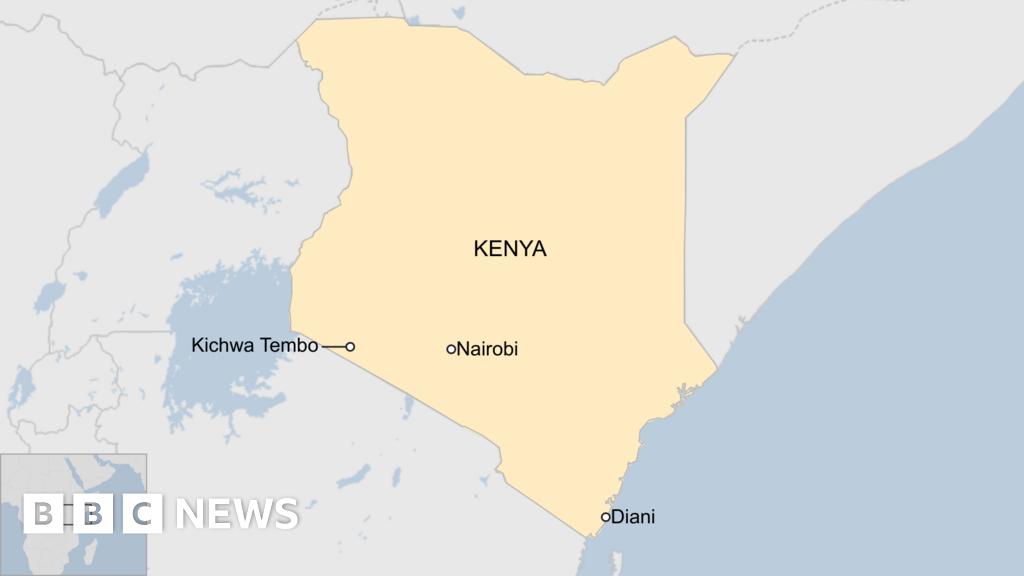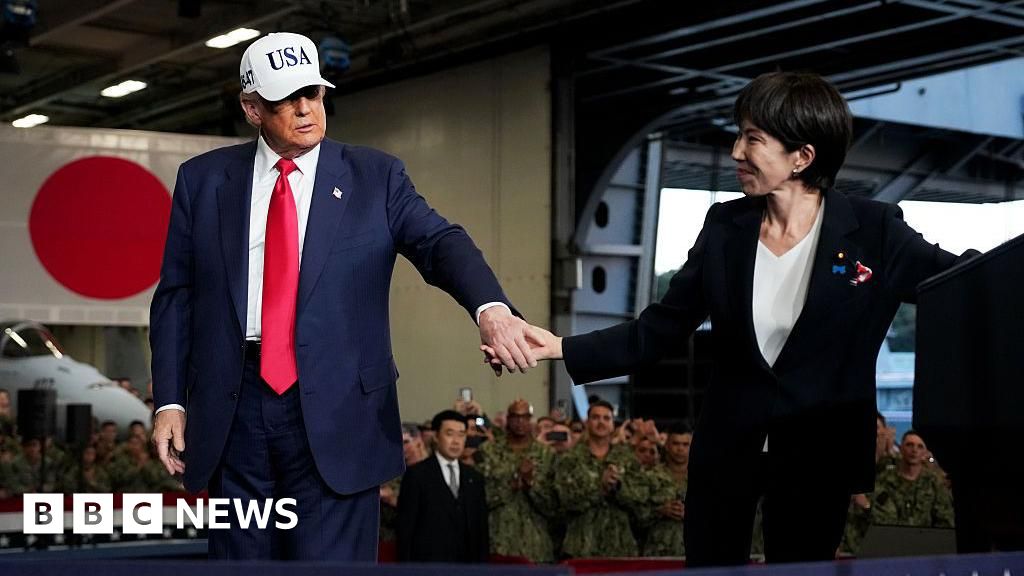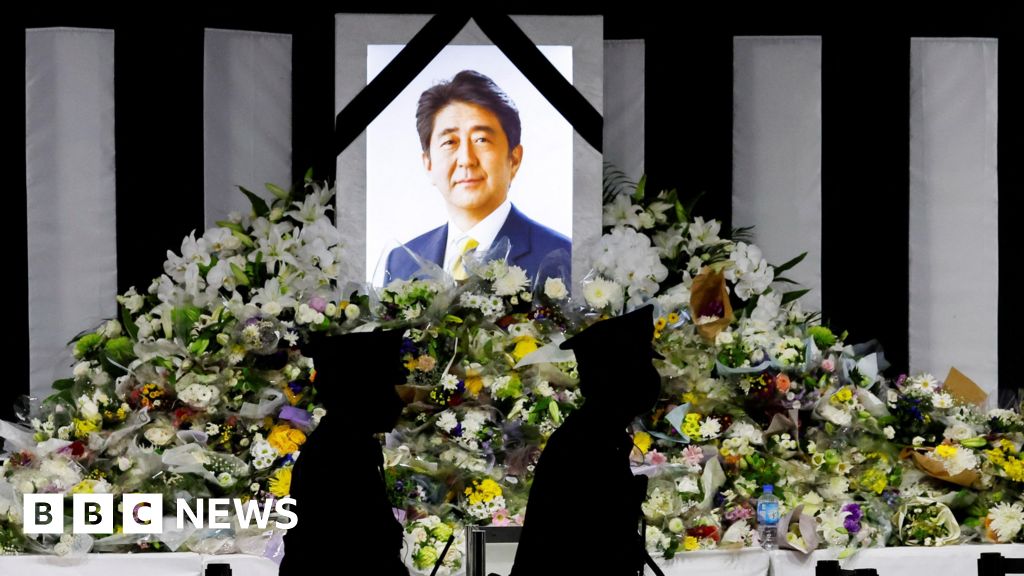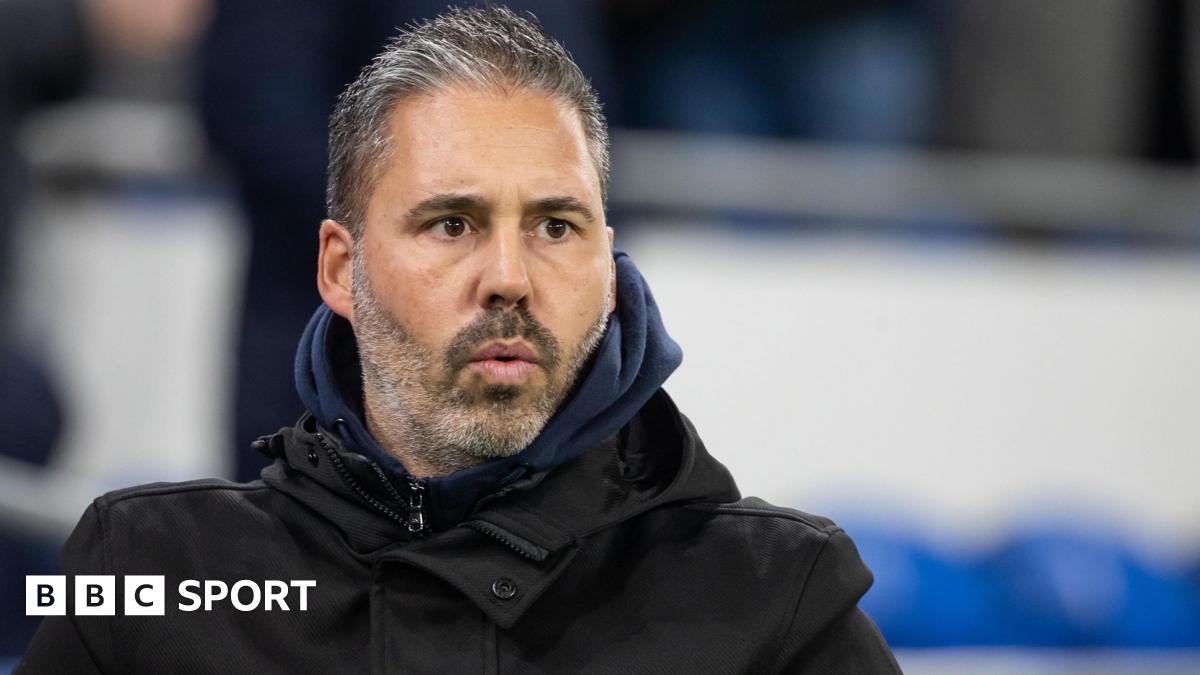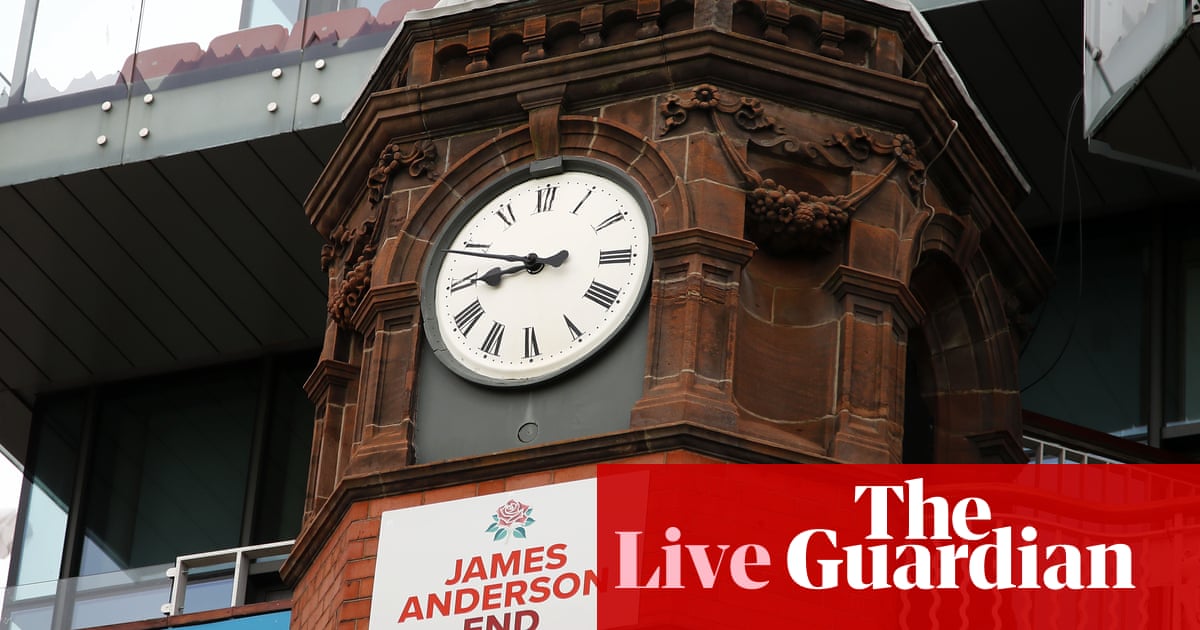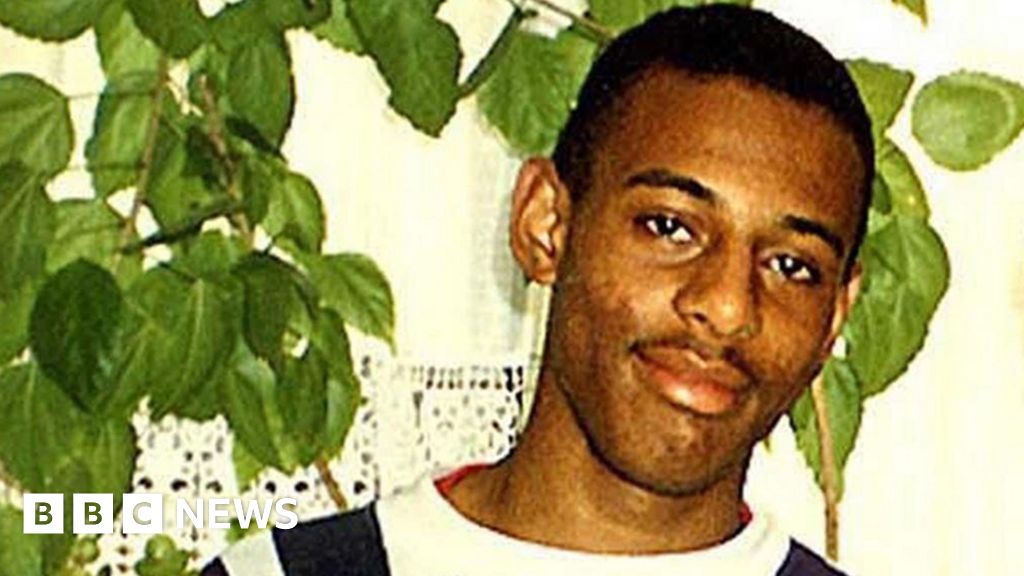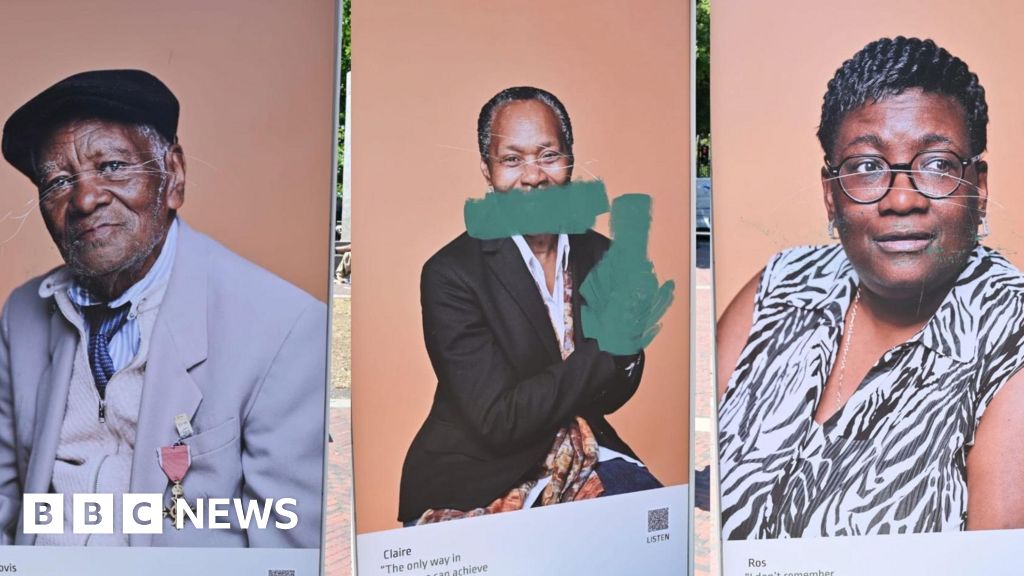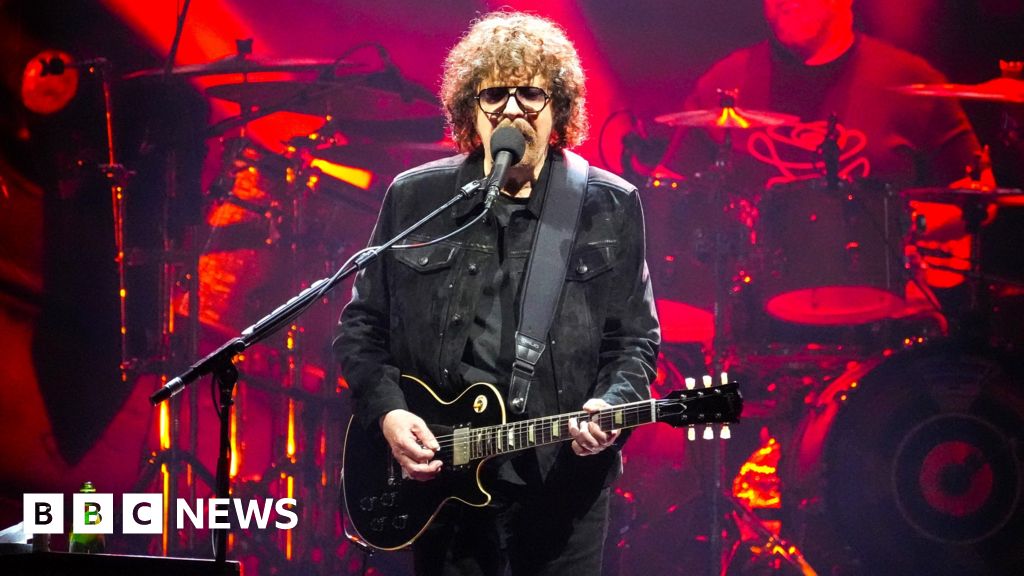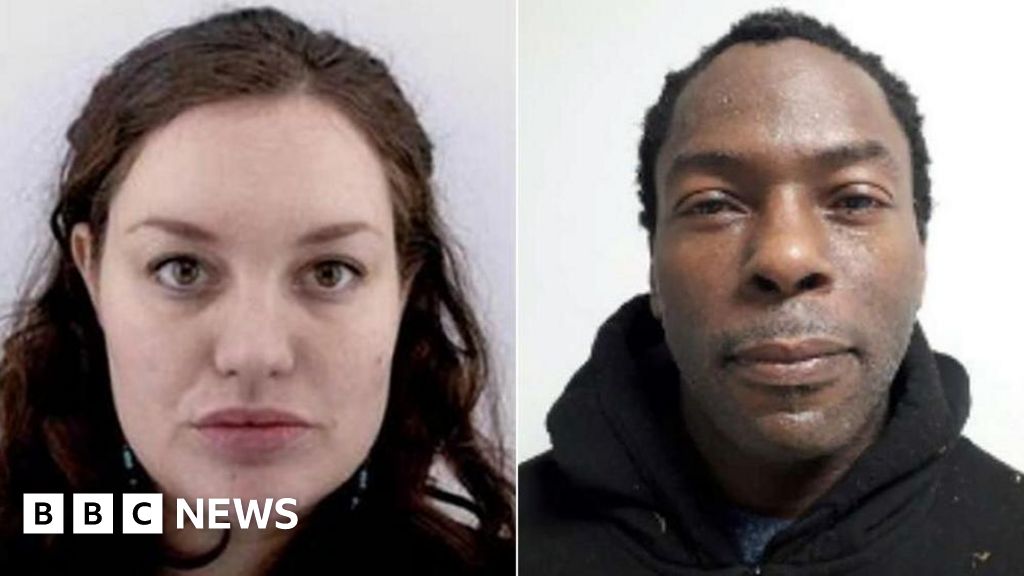Matt McGrathEnvironment correspondent

 Getty Images
Getty Images
The goal to keep the rise in temperatures under 1.5C is failing badly according to a UN review of nations' carbon-cutting plans ahead of next month's COP30 summit.
Only 64 countries have submitted new pledges to limit planet-warming gases this year, despite all being required to do so by now as part of the 2015 Paris climate agreement.
While the UN review shows progress in curbing emissions over the next decade the projected fall is not enough to stop temperatures surging past global targets.
The report underlines the scale of the task facing world leaders who head to Belém in northern Brazil next week for the COP30 climate gathering.
Ten years after the Paris climate pact was agreed in 2015, the efforts of countries to restrict the rise in global temperatures are under renewed scrutiny.
Every signatory agreed to submit a new carbon-cutting plan every five years, which would cover the next decade.
But only 64 countries managed to put a new pledge in place this year, despite many extensions of the deadline. These represent around 30% of global emissions.
In addition, the UN's review includes statements from China and the EU on their future plans made at Climate Week in New York in September.
Taken together, the efforts mean that global emissions of carbon dioxide should fall by around 10% by 2035.
However, scientists say that such a drop is nowhere near enough to keep the rise in temperatures under 1.5C.
To keep that goal alive will require steep cuts in greenhouse gas emissions, up to 57% by 2035, according to the UN last year.
"This report shows that we are going in the right direction but too slowly," said Laurence Tubiana, CEO of the European Climate Foundation, often referred to as a key architect of the Paris Agreement.
"It is essential to acknowledge the missing national pledges and confront the persistent gap between ambition and actual implementation."
The 1.5C limit, agreed at Paris, has long been seen as the threshold of very dangerous warming.
In 2018, scientists outlined the massive benefits to the world of keeping the rise under 1.5C as compared to allowing them to rise to 2C. Passing 1.5C include more frequent and intense heatwaves and storms, increased damage to coral reefs and growing threats to human health and livelihoods, UN scientists have said.
However, that limit was breached in 2024 for a whole year for the first time.
UN leaders are increasingly accepting the fact that the threshold will be breached permanently by the early 2030s at current rates.

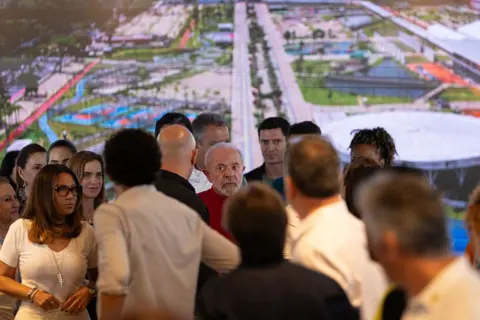 Getty Images
Getty Images
Brazil's President Lula visits Belém ahead of COP30 in November
"One thing is already clear: we will not be able to contain the global warming below 1.5C in the next few years," UN secretary general António Guterres told delegates at a meeting of the World Meteorological Organisation last week.
"Overshooting is now inevitable. Which means that we're going to have a period, bigger or smaller, with higher or lower intensity, above 1.5C in the years to come."
Despite this, the UN is keen to stress that there are some significant green shoots in the new report that provide hope.
Many more countries are expected to lodge plans as their leaders gather for COP30 in Belém in Brazil.
Large carbon producers such as India and Indonesia haven't yet unveiled their carbon plans. They will likely do so during COP30 and these may have a significant impact on the overall projections for 2035.
Some countries are also likely to cut faster and deeper than they've promised, say experts.
"It's actually completely reasonable to look at China," said Todd Stern, former US Special Envoy for climate change.
"They'll put down a certain number, which is not great, and then they will overachieve it, and China does that a lot."
The UN says they are confident that emissions globally will likely peak and start to decline in the next few years, for the first time since the industrial revolution in the 19th century.
They say the plans in place show clear stepping stones to net-zero emissions by the middle of the century. Net zero means balancing the amount of planet-warming "greenhouse" gases produced by human activities with the amount being actively removed from the atmosphere.
One important factor is that the cuts assessed by the UN include the planned US pledge submitted under President Biden.
While President Donald Trump has said he will pull out of the Paris agreement, that process is not completed yet, so the UN are keeping the US plans in their calculations even if these won't happen as planned.


.png)
 4 hours ago
2
4 hours ago
2

